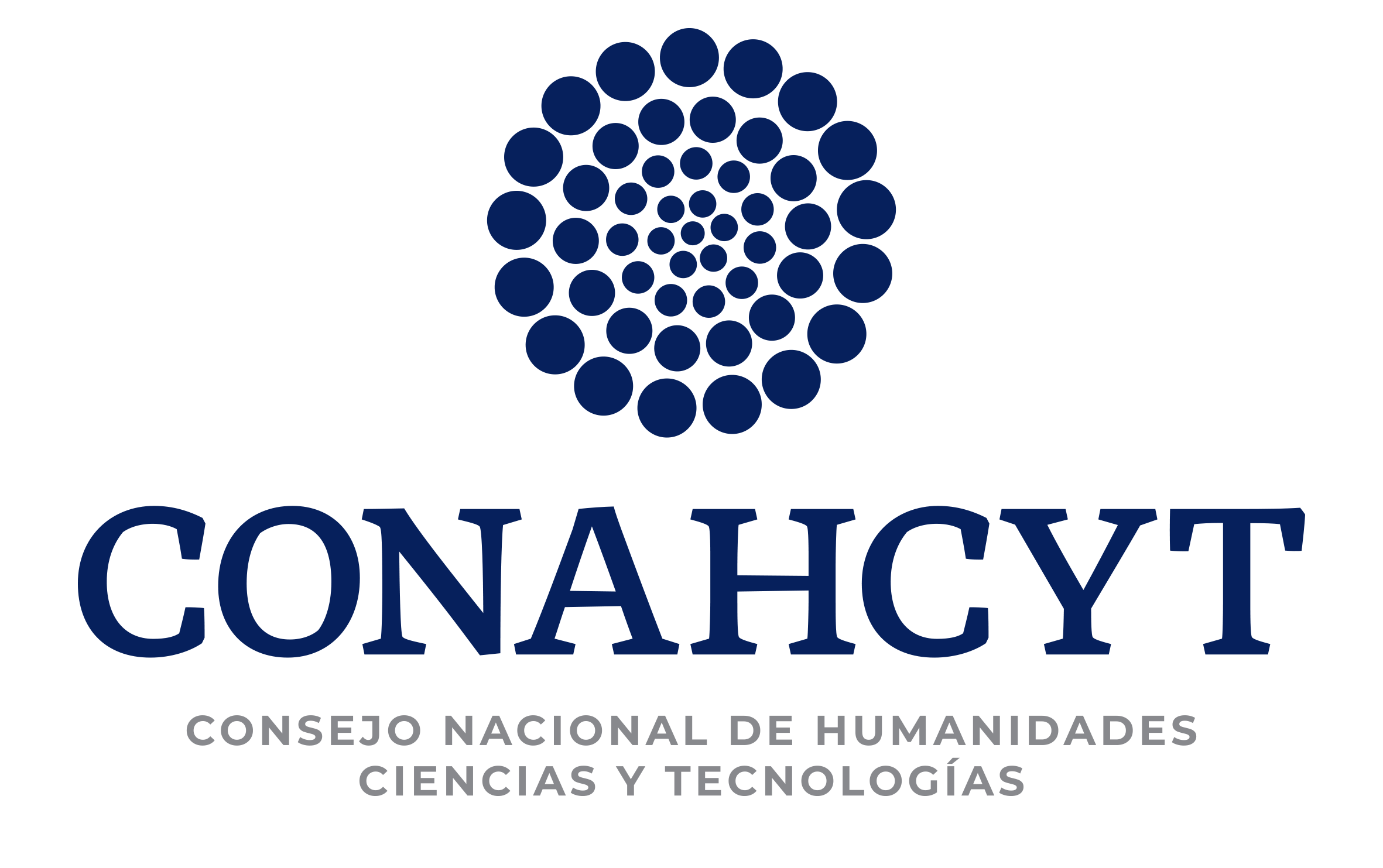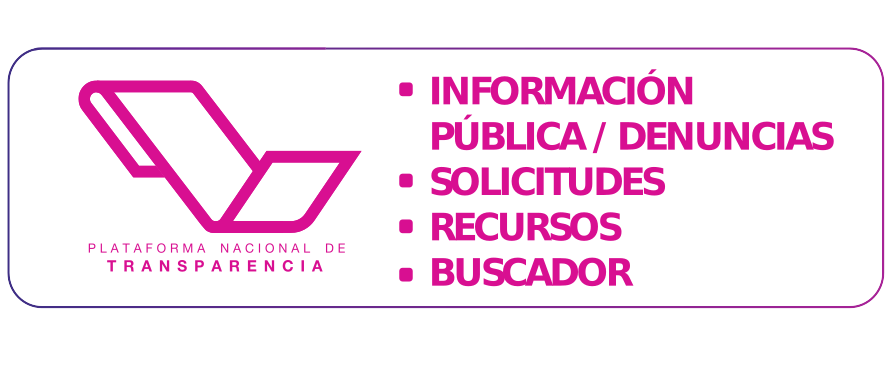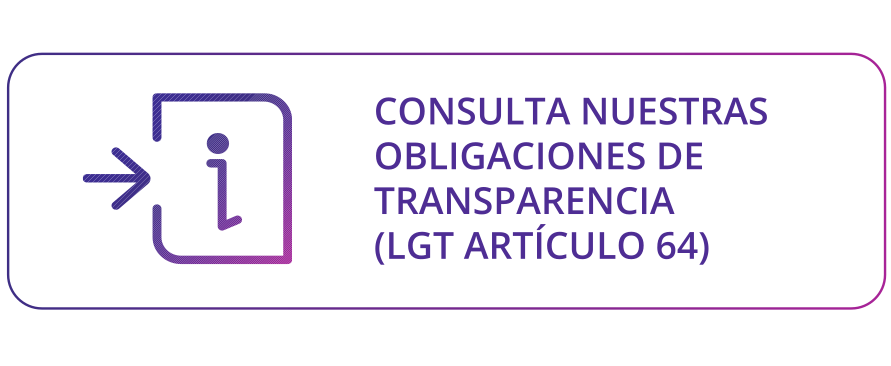- To study and divulge the significance of regional issues occurring in the US-Mexico border
- To train students and staff to excel as professionals and researchers
- To maintain close links with civil society and government to contribute to the development of the region and the country
These goals are further broken down into four strategic objectives:
- To research social, economic, cultural, demographic, health care, gender, political, urban and environmental issues occurring in the United States-Mexican border region.
- To identify and analyze phenomena that prevents the border region from achieving its full integration into the national development and a stable relation with the United States.
- To foster the highest academic standards and intellectual rigor, among its professionals and researchers
- To turn these studies into tools that can be used in planning and policy development
COLEF’s headquarters are located in Tijuana; in addition it has branches in Monterrey, Ciudad Juarez, Mexicali, Nogales, Piedras Negras, Nuevo Laredo and Matamoros. There is also an outreach and extension office, Casa Colef, in Mexico City.
COLEF is a member of the network of the Public Centers of Research of the National Council of Science and Technology (CONACyT)
Research
El COLEF has six academic departments: Public Administration, Cultural Studies, Economic Studies, Social Studies, Population Studies and Urban and Environmental Studies. In addition, there are five supporting areas: Statistics, Geographic Information Systems, Computer Science, Communications, and University Press.
COLEF undertakes the following major research work:
- The development of key scientific areas through inter-disciplinary and cutting-edge research and collaboration with international like-minded institutions.
- Research focusing on the social processes of the United States-Mexican border from a regional, bilateral and global perspective
- Academic studies directed toward widening social knowledge and creating public policies at national, state and municipal jurisdictions, and international levels
Research at COLEF is carried out by 107 academics; 91 per cent have a PhD degree; 75 per cent are distinguished members of the National System of Researchers (SNI).
Colef also publishes two biannual scientific journals "Frontera Norte" and "Migraciones Internacionales".
Teaching
El Colef runs five Master and one PhD degree programs; all of them part of the National Register of Postgraduate Studies of Excellence (PNPC, according to its initials in Spanish) of CONACYT. All students who enroll receive scholarships from CONACYT, and are provided with well-equipped working facilities.
- MA in Regional Development
The program focuses on the analysis of regional issues. The goal is to provide theoretical and practical guidance on planning and decision-making on regional development issues. - MA in Environmental Management
This is an inter-institutional program run jointly by El COLEF and the Center of Scientific Research and Superior Education of Ensenada (CICESE). It aims to train environmental managers with an interdisciplinary vision. - MA in Applied Economics
This program focuses on preparing economists to work on contemporary trans-boundary issues in North America, especially those related to the economic growth and management, industrial organization and labor markets of the region. - MA in Demography
This program emphasizes the study of population issues, with specializations in: the quantitative analysis of demography, the analysis of inter-related activities between population dynamics, and the analysis of socio-economic development in diverse geographic environments. - MA in Socio-Cultural Studies
This program aims to prepare professionals with theoretical and methodological capabilities and an interdisciplinary vision, who are able to undertake research tasks and intervene in socio-cultural processes (this program is run together with the University of Baja California). - Doctorate in Social Sciences - Regional Studies specialty
The objective of this program is to develop researchers with both theoretical and methodological capabilities and an interdisciplinary vision, who are able to document and analyze contemporary social processes. The particular areas of research of this doctorate program are: international migration, territorial studies and systems of production, public policies and socio-cultural studies.
Additionally, COLEF regularly offers many and varied certified short courses onsite as well as virtual teaching through teleconferences and other media.
Outreach and Extension
COLEF carries out activities in collaboration with other academic institutions, governmental agencies at federal, state and municipal levels, as well as public and private organizations. Such activities are carried out through agreements, debates, presentations of academic products and research results.
Highlights of outreach and extension programs are:
- COLEF’s outreach and extension activities are supported by media such as video conferencing and internet which allow these activities to reach a wider audience.
- COLEF has signed over 550 outreach and extension agreements with academic and governmental organizations and with private companies, at local, national and international levels
- COLEF has an information center specializing in US-Mexico border issues, which is open to the general public. A considerable proportion of the collection, more than 32,000 books and journals, are at COLEF‘s Central Library.
- COLEF has a web page with detailed information on the institution such as postgraduate programs, research activities, the Ecoparque program, the book collection, library services, and access to multimedia and online sale of products.
- COLEF has an online weekly newsletter: El Correo Fronterizo (http://www.colef.mx/correofronterizo), which contains information on recent activities associated with the institution.






